What makes a city a city, is that things are close together

Whenever there's something we want to protect our children from, we try to make it far away. But making things far away is against what a city is.
Read More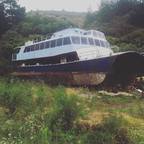
Planning, Mapping, and Cities

Whenever there's something we want to protect our children from, we try to make it far away. But making things far away is against what a city is.
Read More
I said in my previous post, "If you want a New Zealand that grows up about growing up its cities, and responsibly provides for growth", you should send in a submission on the National Policy Statement on Urban Development. This is a guide to making a submission, if you feel you want some help, and especially if you haven't made a submission like this before.
Read More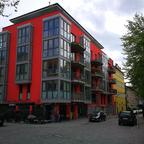
New Zealand desperately needs more homes, and has done for decades. We've got the opportunity to add those new homes well, or badly. So far, we generally haven't done it well. For decades, urban planners (and even the odd brave politician) have called for our cities to add more housing in their existing areas, rather than sprawling ever outwards. It's better for the environment, more affordable financially, and in some cities like Wellington a simple geographic necessity.
Read More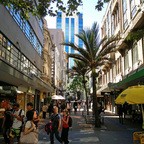
Building our cities around cars took decades. Undoing it will also take decades, but I don't think it will be necessarily as hard to undo as it was to do.
Read More
Witnessing the ruins of Chernobyl and Pripyat is moving, of course, because you inescapably see the immense impact the disaster had on the lives of millions of people living around it. But it's also moving in a secondary way because of how inevitably we see Chernobyl as perfectly metaphorical. For westerners, the lesson is often taken as the risks of nuclear power. Those in the former eastern bloc see it more as a metaphor of the failure of the dreary, secretive, inept Soviet dictatorship, and of Communism generally.
Read More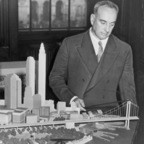
Must every issue result either in a single planned solution for everyone, or the emergent results of everyone deciding for himself or herself?
Read More
In Japan, making sure that there is adequate parking is chiefly seen as a responsibility of the individual owner of the car, not property developers, businesses, or the government.
Read More
Why do we not just let developers decide how much parking to build, then live with the consequences of building too much or too little? Why "the environment" is used to justify subsidising driving, and how ending it isn't that hard.
Read More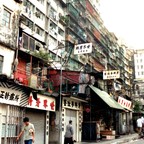
A few months ago, I talked about how density is defined, and looked at an alternate history, where Auckland had spread out even further than it has in reality. Now let's look at the other direction: a more compact form, like you'd find in Europe, or, as the title suggests, Asia.
Read More
We want house prices to drop for new buyers. But we also don't want house prices to drop for existing owners. How can that possibly be done?
Read More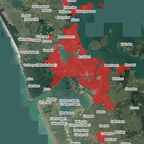
When you talk about cities and transport, one term that comes up almost immediately is density. It's a simple idea - how many or few people are in a given place. But it's notoriously difficult to define, not because it's hard to measure, but because there are so many possible ways of doing it.
Read More
In 2012, Auckland Council released the City Centre Masterplan. It had strong support from the council, and the public who submitted on it. Perhaps the cornerstone was a plan to pedestrianise Queen Street, a fantastic idea in itself, but not the topic of today’s post.
Read More
It’s been several months since I wrote Part 2 of this series, looking at the Productivity Commission’s report on urban planning. Back then, it was a draft, however, they’ve just released the final report. The final report is updated from the draft in many ways, but keeps the same broad thrusts. So, now is an excellent time to pick up where we left off.
Read More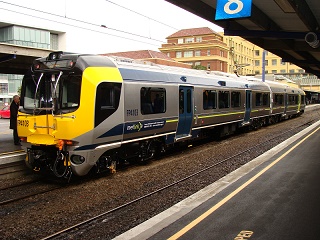
After I posted my idea for a Wellington heavy rail extension in Under the Mountain, I got some helpful questions on Twitter, so I’d like to expand some of the ideas a little more.
Read More
In recent years, the government has poured vast sums of money into highways in Wellington. The just-opened Kapiti Expressway cost $630 million. Transmission Gully is still under construction, and will cost $850 million, a figure that doesn’t even include the extra costs that come from the Public-Private Partnership scheme used to build it.
Read More
Since the Prime Minister, Bill English, seems to think so, it's worth asking the question.
Read More
Does Auckland have a “missing middle” of things like apartments and terraced houses? Or does it already have them? Auckland Row Housing Safari
Read More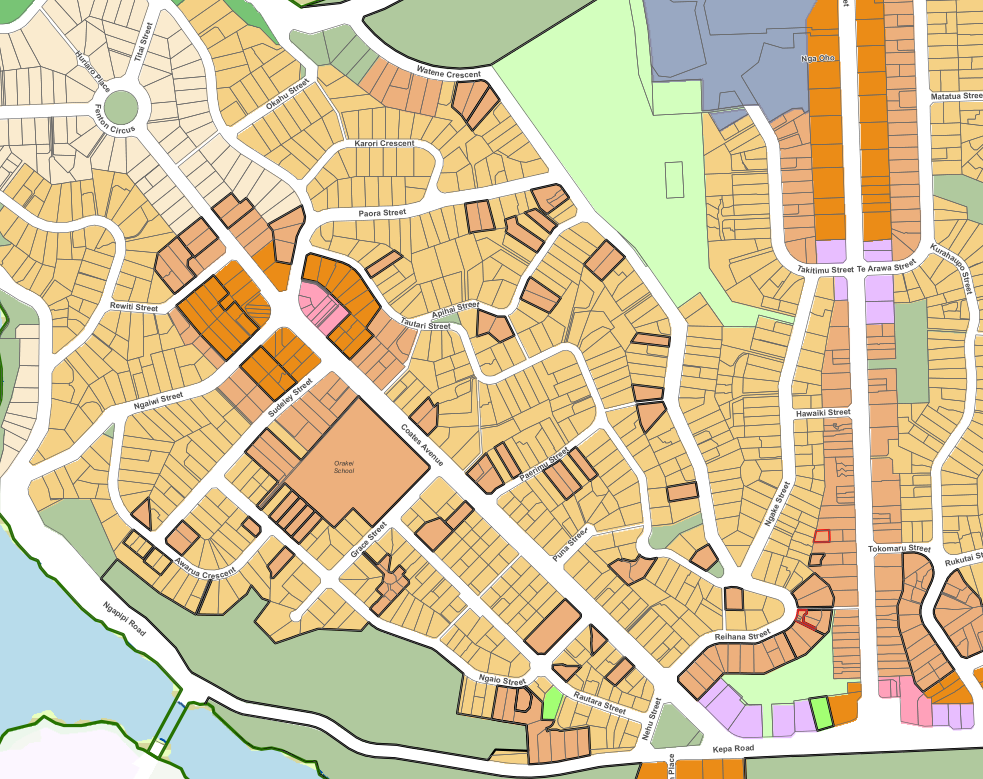
Welcome back. This series is a look at the Productivity Commission’s report “Better Urban Planning”. For now, we’re looking at the background to their proposals.
Read More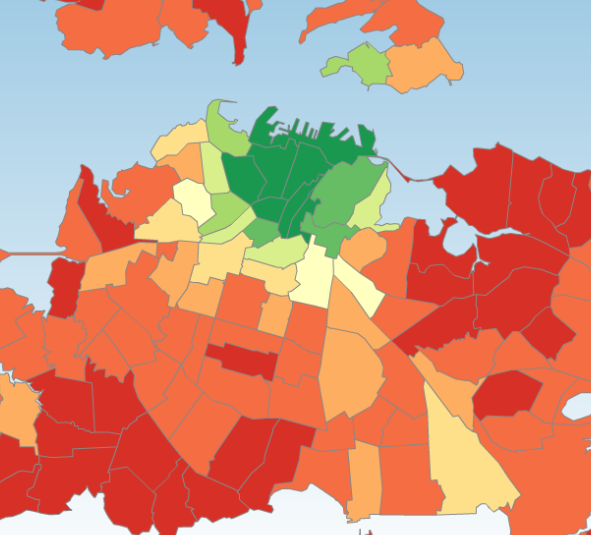
Planning is a surprisingly hot issue at the moment. From the housing crisis to the Unitary Plan, water quality to public transport, everyone suddenly seems to care about how our cities function. The government is certainly taking an interest, too. So much so that it has three separate reviews of planning and RMA issues going on.
Read More
Speed kills. One of the most significant cause of road crashes is speed. Even when they’re not hurting or killing people, speeding cars contribute to the sense of fear and unpleasantness that puts people off walking. Stopping illegal speeding is an important road safety goal for governments in most of the world, New Zealand included.
Read More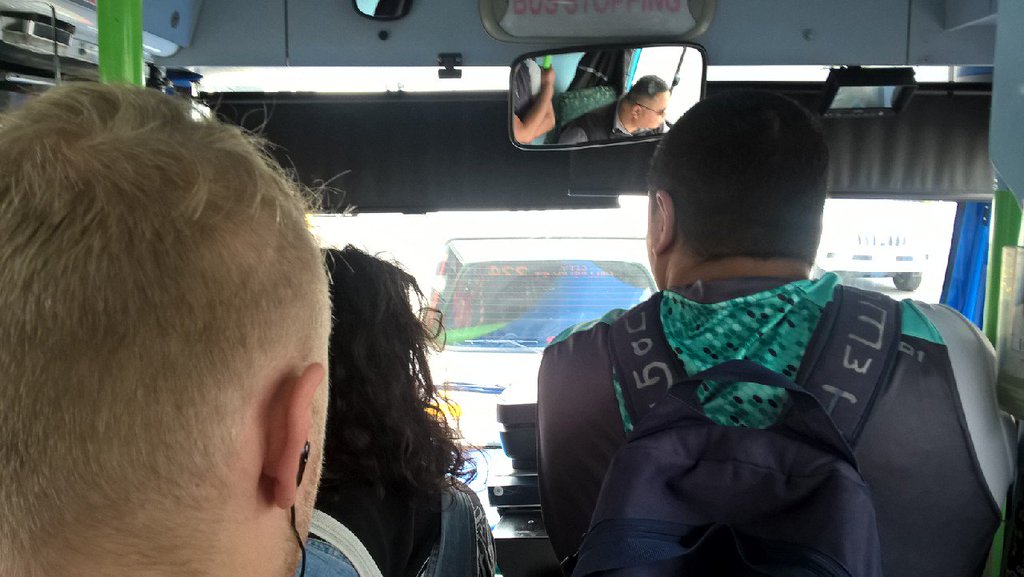
Regular readers of TransportBlog will be familiar with March Madness. With workers, students and kids all trying to use public transport simultaneously, it's the busiest month of the year. In rush hour, trips can take an hour longer. People stand helplessly at bus stops as bus after bus sails by packed to the gunwales, with their headsigns proclaiming "BUS FULL".
Read More